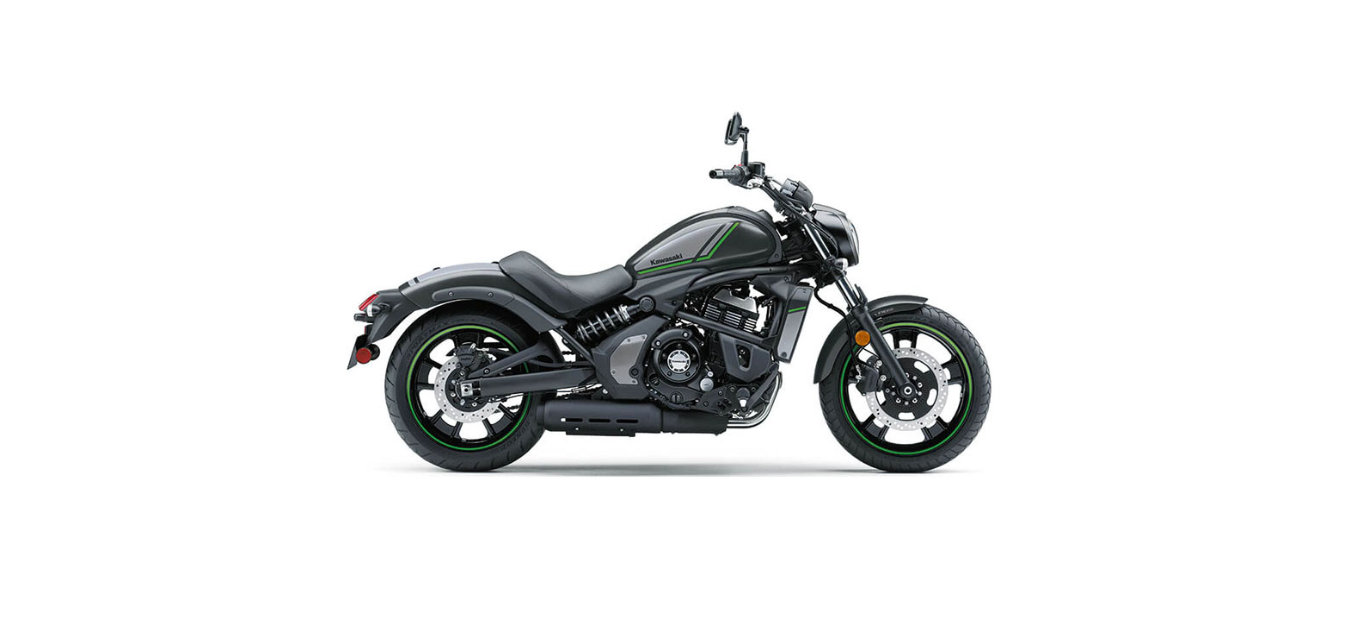2022 Kawasaki Vulcan S Starting the Engine Owners Manual
2022 Kawasaki Vulcan S Starting the Engine Starting the Engine Check that the engine stop switch is in the position. A. Engine Stop Switch B. Starter Button Turn the ignition key to the “ON” position. Make sure the transmission is neutral. A. Neutral Indicator (Green) B. Ignition Switch C. ON Position NOTE While the engine … Read more
